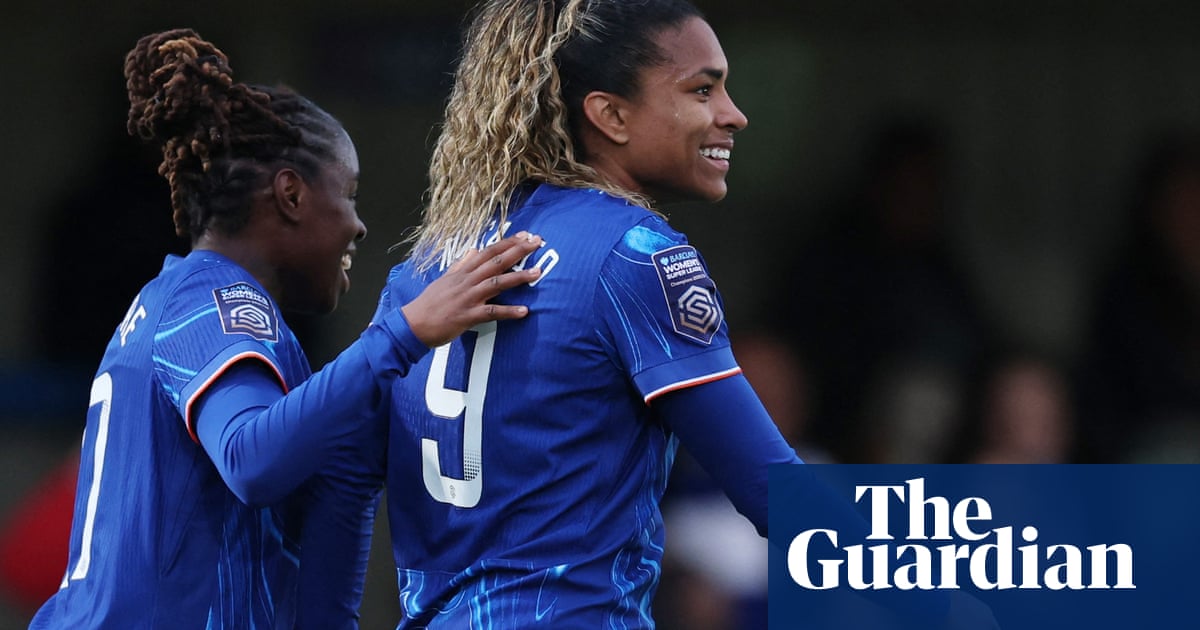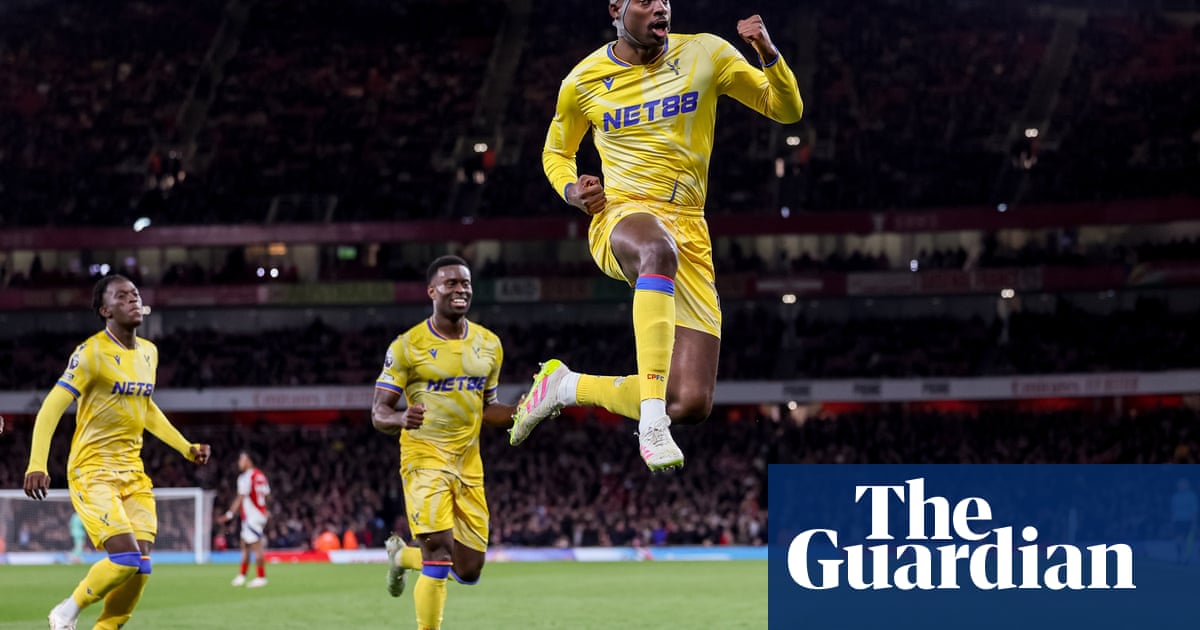Mumbai: Nishesh Basavareddy remembers being greeted by a flurry of notifications on his phone shortly after his Australian Open match against Novak Djokovic last month. That was the 19-year-old’s first main draw match at a Grand Slam. The expectations were low, but he did manage to win the opening set against the 24-time Major winner.

He eventually lost in four sets, but Basavareddy, an American of Indian heritage, had found a larger fanbase.
“I got a lot of messages from Indians, like either actors or some athletes,” he said to HT. “I think it shows that the people are following me over there. And I really enjoy all that, just having a whole another country behind me.”
Born and raised in the US, Basavareddy’s performance earned him praise from fans in India. But in the wider tennis world too, he has been rated as a promising young player to watch out for. Just a few months after turning professional, he is now getting close to breaking into the top 100.
He has had a good start to the season so far. A week before the Australian Open, he rose from the qualifiers of the ATP 250 event in Auckland and reached the semi-final. But against Djokovic, a player whose photograph he had once kept as the background image on his phone, Basavareddy, the world No.106 had plenty of takeaways.
“I got a lot of confidence that I’m doing the right things in my game. (Djokovic) also showed me some things that I need to improve on, like my serve return and handling a best-of-five set match,” he said.
Watching that match in Melbourne from close quarters was Rajeev Ram, a four-time men’s doubles Grand Slam champion and former world No.1, who was sitting in Basavareddy’s player box. Ram, 40, has been Basavareddy’s mentor for years.
Both, Ram and Basavareddy, are first generation Americans, and share an Indian heritage. The similarities don’t end there – they reside in Carmel, Indiana, where they work with the same coach, Bryan Smith.
Basavareddy started playing tennis at the age of five, after watching his elder brother and father play at a park. He joined in and as he showed rapid improvement, the family decided to seek formal coaching.
“I remember his brother and him had come to take lessons and practice with my coach (Smith),” Ram recalls in a conversation with this publication. “A few lessons in and my coach came to me and said, ‘hey, I think this one’s pretty different. He’s pretty special.’”
In those early days Ram would work with Basavareddy through clinics at the academy. Basavareddy was keen on improving his tennis development, but faced major knee injuries early in his career.
“I had three surgeries (on the right knee) at 11, 14 and 16,” Basavareddy said. “The first one came out of nowhere. I was playing at a junior tournament and suddenly my kneecap dislocated and a piece of my cartilage tore off. And then I had two more meniscus injuries. Those were all pretty tough periods.”
Overall, Basavareddy spent nearly three years to recover from the surgeries. But during those phases, he continued to work in whatever way he could towards a tennis career.
There were a lot of stops and starts because of the injuries, but it was during the Covid-19 pandemic that Basavareddy started to spend more time with Ram. They bonded over not just the sport, but also the changing ambitions of the Indian diaspora in the US.
“Indians that lived in the US had those passions (to pursue sports), but maybe they didn’t have the courage to follow them,” says Ram. “I feel I was maybe one of the first that carved out a career that was a little different. I wasn’t a doctor. I wasn’t an academic. And I think you’re starting to see this generation of players and kids do that a bit more.”
When it came to Basavareddy, the two qualities that stood out to Ram were his ability to learn quickly and how he didn’t back down from a challenge.
“He didn’t get intimidated by a higher level,” explained Ram. “Obviously, at that point when we trained together, I was considerably better than him, but it didn’t feel like he kind of ran away from that situation.”
That fearlessness was on display in January as he took the first set off Djokovic on a court the Serb has made his own. Basavareddy had been thrown into the deep end in his first main draw outing at a Grand Slam. But he did give a good account of himself.
He is a part of the next generation of young American talents to appear on the tennis map. But given that his family hailed from Nellore in Andhra Pradesh, as Basavareddy asserts, he now has two countries backing him.









